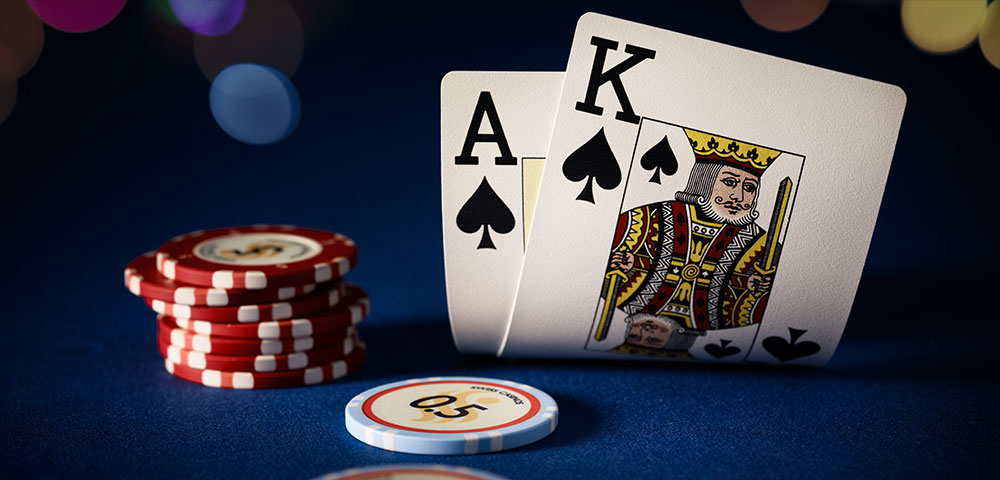Poker, with its rich history spanning several centuries, has left an indelible mark on cultures worldwide. Its legacy extends far beyond the green felt tables and high-stakes showdowns, as poker has become an enduring symbol of strategy, psychology, and risk-taking that permeates literature, film, and everyday life. One of poker’s most profound impacts on culture lies in its ability to mirror the complexities of human interaction. The game’s emphasis on reading opponents and concealing one’s own emotions has made it a fertile ground for exploring the intricacies of human psychology and behavior. Characters like James Bond and Maverick from popular films have become synonymous with poker, showcasing its allure as a stage for intellectual battles. This psychological element extends beyond the poker table, influencing various aspects of life where strategy and intuition come into play. Poker has also had a significant influence on literature, both as a subject matter and as a metaphor.

In literary works like Fyodor Dostoevsky’s The Gambler and Bret Easton Ellis’s American Psycho, poker serves as a lens through which authors examine themes of risk, obsession, and the darker aspects of the human psyche. Metaphorically, poker has been used in countless novels and poems to illustrate life’s uncertainties and the importance of making calculated decisions in the face of ambiguity. Furthermore, poker’s impact on popular culture is evident in its widespread representation in film and television. From classic westerns like Maverick to modern classics like Rounders, poker has provided filmmakers with a captivating backdrop for storytelling. Iconic scenes of players going all-in and the tension of hidden cards being revealed have become cinematic staples, resonating with audiences around the world. Additionally, televised poker tournaments, such as the World Series of Poker, have transformed the game into a spectator sport, turning professional players into celebrities and attracting millions of viewers.
In the realm of sports, poker’s strategic nature has influenced competitive gaming and esports, where players and teams employ tactics, psychology ป๊อกเด้ง, and risk management principles similar to those used in poker. This cross-pollination of ideas has contributed to the evolution of various sports and games, leading to the emergence of new strategies and approaches. Beyond entertainment, poker’s influence extends into business and decision-making processes. The concept of bluffing in negotiations and the need to make calculated risks have direct parallels with poker strategy. Business leaders and entrepreneurs often draw inspiration from poker to navigate complex situations, assess risks, and make strategic choices that can lead to success. In conclusion, poker’s legacy on culture is profound and far-reaching. It has served as a captivating reflection of human psychology, a source of inspiration for literature and film, and a model for strategic thinking in various fields.
